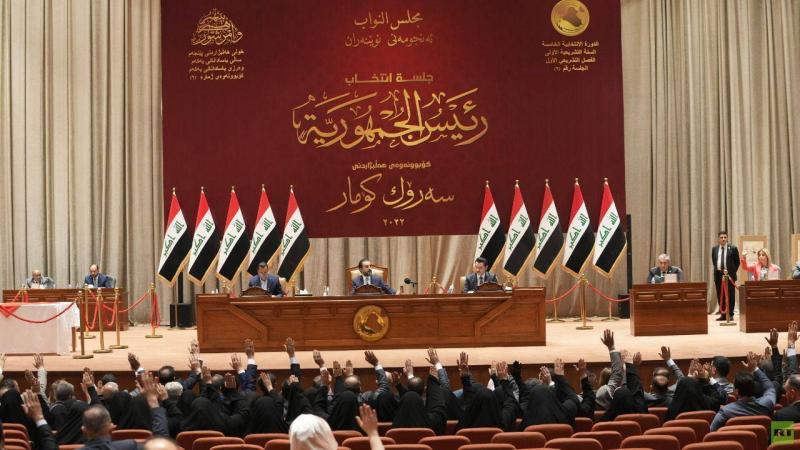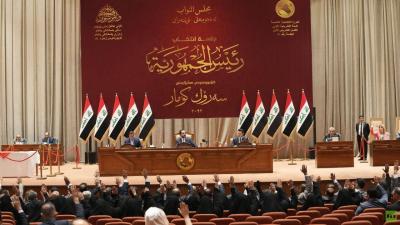Although the acting Speaker of Parliament, Mohsen Al-Mandlawi, described the official holidays law, which was legislated in Parliament today, Wednesday, including the Day of Ghadir, as "aimed at highlighting occasions related to the lives and feelings of Iraqis," many occasions associated with the sentiments of Iraqis in general, national occasions, or occasions for minorities were relatively neglected in the new law.
The law, which the Parliament voted on, includes Friday and Saturday as official holidays throughout Iraq, in addition to Eid al-Fitr, Eid al-Adha, Labor Day, the Day of Ghadir, the 10th of Muharram, the 1st of Muharram, the Prophet's birth on the 12th of Rabi' al-Awwal, the New Year, Army Day on January 6, and Nowruz on March 21. Additionally, March 16 was added at the last moment as a day commemorating the Halabja tragedy.
The law also granted some "designated" official holidays for minorities, including Christians, Sabians, and Yazidis; however, Christian blocs objected to not considering the birth of Jesus Christ on December 25 as an official holiday or a general celebration, as it was limited to a holiday for Christians only. Christian blocs described the Parliament's decision not to vote on the birth of Christ as a public holiday as a "sectarian practice" by the Parliament, representing a negative sign that will not be forgotten. This description contradicts the claim that the law was legislated to highlight occasions tied to the feelings of Iraqis.
The law also omitted important events detailed in Iraq's history, including July 14, which marks the fall of the monarchy and the establishment of the republic, seemingly conflicting with the current regime's general tendency to avoid alignment within the debates between "monarchy and republic."
However, two significant occasions that are strangely not included in the law were omitted: December 10, which marks the victory over ISIS, and Iraq's National Day on October 3, which commemorates Iraq's joining the League of Nations and its recognition as a state.
Overall, the law focused on religious occasions, omitting any genuine national occasions, reflecting a negative indication about the nature of the existing sectarian system and reinforcing the absence of occasions related to shared identities. The law can be described as an official acknowledgment of the lack of unifying national occasions among the various sects and components in Iraq.
**Al-Sadr Comments**
For his part, the leader of the Sadrist Movement, Muqtada al-Sadr, tweeted on the Parliament's vote, stating: "Thanks to the efforts of the sons of the nation and the sons of the Imam Ja'fari doctrine, as well as all the fair from the Sunnis and our brothers in the nation from other religions and ethnicities, the Iraqi Parliament members voted on (Ghadir Day) as a national Iraqi holiday.” Iraqi leaders commented on the Council's decision.




